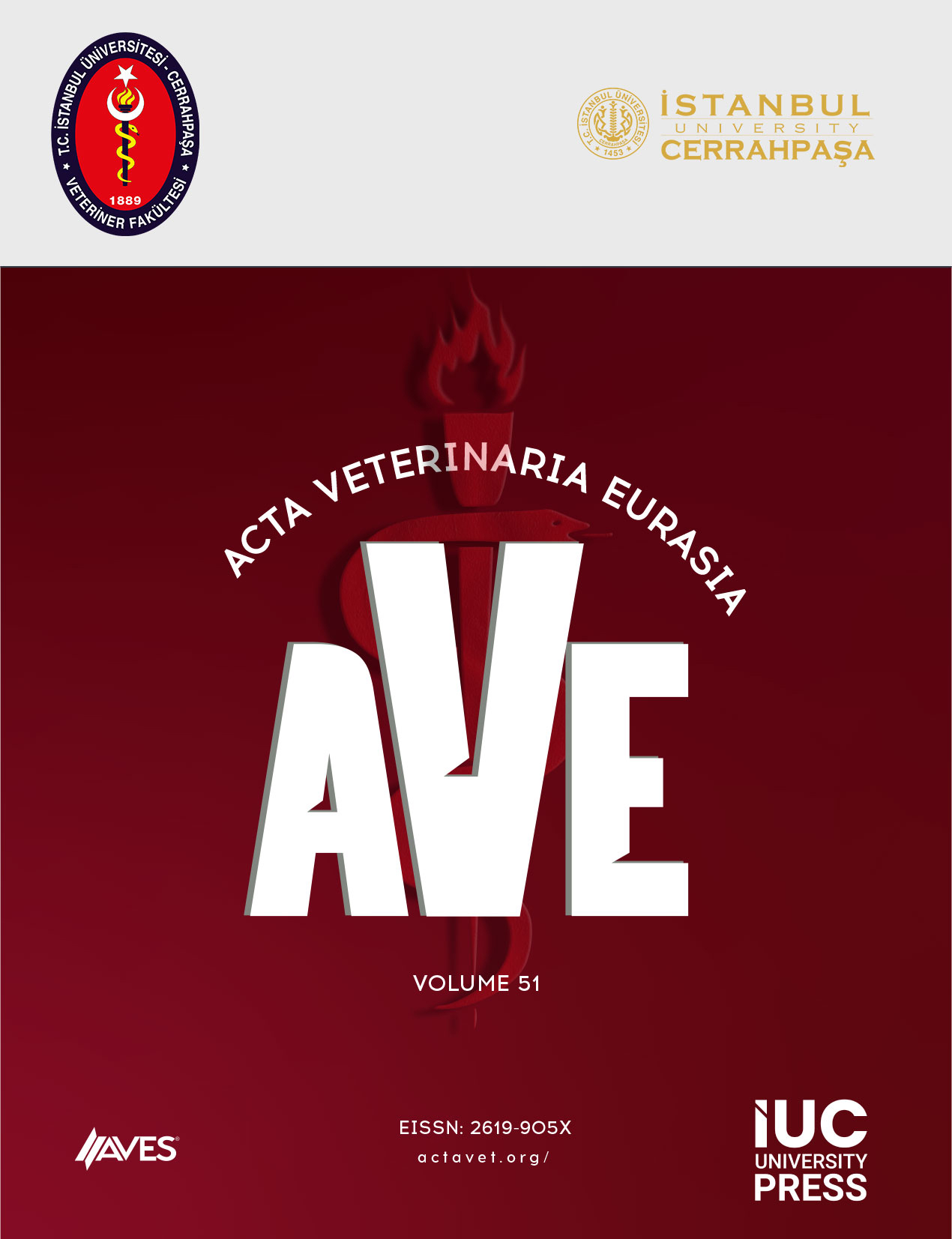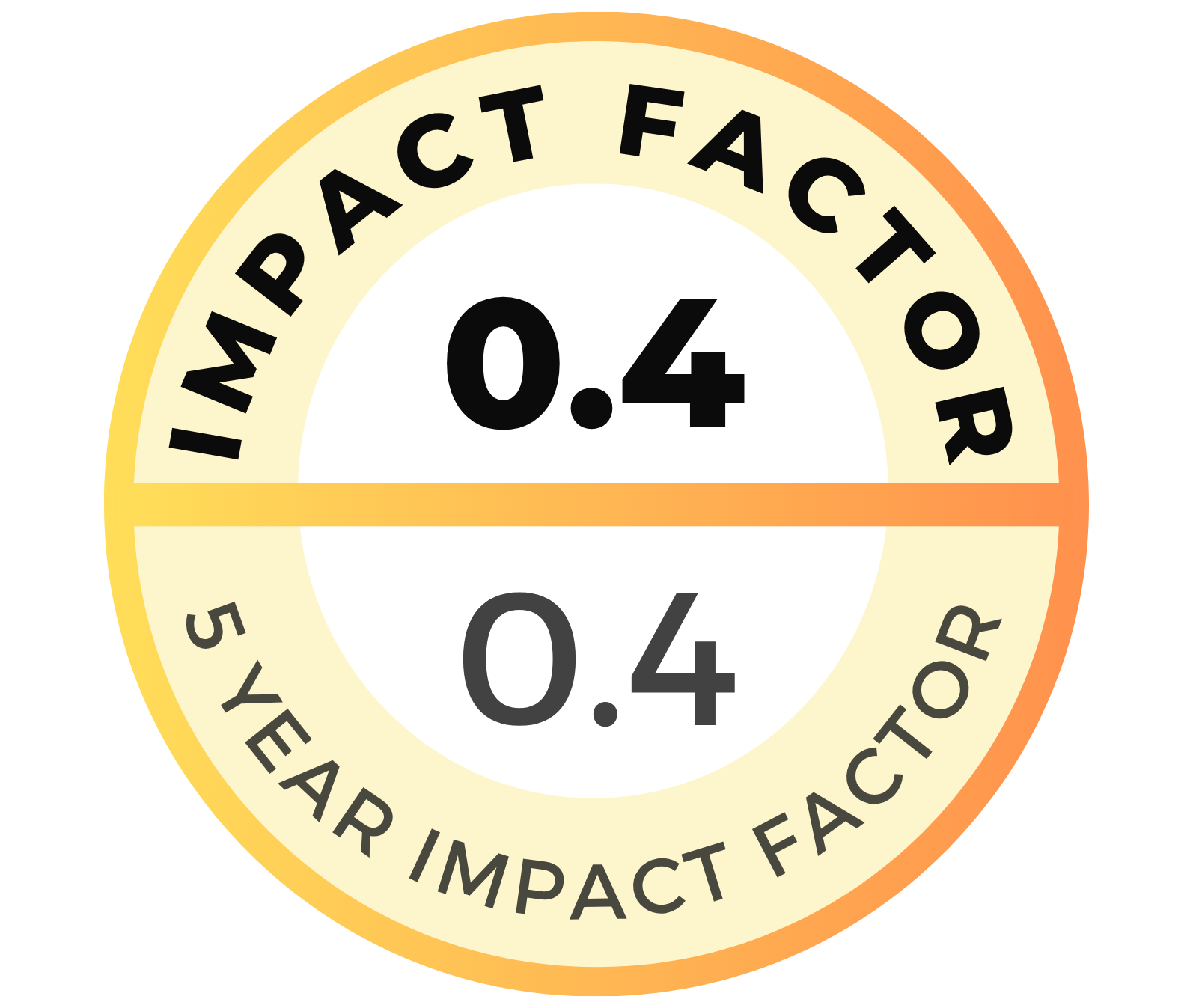Abstract: Corynebacterium pseudotuberculosis causes infection in goats, sheep, cattle, and humans. The disease imposing huge economic losses such as reducing milk, meat, and wool production and downgrading and condemnation of affected carcass to goat-rearing industry. Despite all its devastating effects, no effective antimicrobial was suggested for the treatment of this pathogen due to its highly resistant nature. Development and utilization of nanoparticles has paved the way to revive the efficacy of conventional antibiotics. Encapsulation of antibiotics within liposome as a nanoparticle may present a potential approach for successful treatment of resistant bacterial infections. The aim of this research was therefore to evaluate the antibacterial activity of free and liposome-encapsulating tylosin against Corynebacterium pseudotuberculosis. The minimum inhibitory concentration of free and liposome-encapsulated tylosin was determined by microbroth dilution and resazurin colorimetric-based methods. The antibiofilm activity of free and liposomal tylosin was assessed by crystal violet and resazurin techniques. Acridine orange/ethidium bromide staining assay was performed to assess the effect of free and liposomal tylosin on pre-formed biofilm of Corynebacterium pseudotuberculosis. The findings demonstrated minimum inhibitory concentration value of 1 µg/mL and 32 µg/mL for free and liposomal tylosin, respectively. The biofilm inhibitory data showed that free tylosin inhibited the formation of Corynebacterium pseudotuberculosis at 2 µg/mL, while this concentration was 64 µg/mL for liposomal tylosin. The antibiofilm concentration was 1024 µg/mL and 2048 µg/mL for liposome-encapsulated and free tylosin, respectively. It can be concluded that liposome as a nanocarrier can offer an excellent system of drug delivery for enhancing the efficacy of antibiotics against resistant form of Corynebacterium pseudotuberculosis.
Cite this article as: Saddiqi, M. E., & Abdul Kadir, A. (2024). Antibacterial activity of free and liposome-encapsulated tylosin against planktonic and biofilm forms of corynebacterium pseudotuberculosis isolated from goats. Acta Veterinaria Eurasia, 50(2), 119-127.





.png)